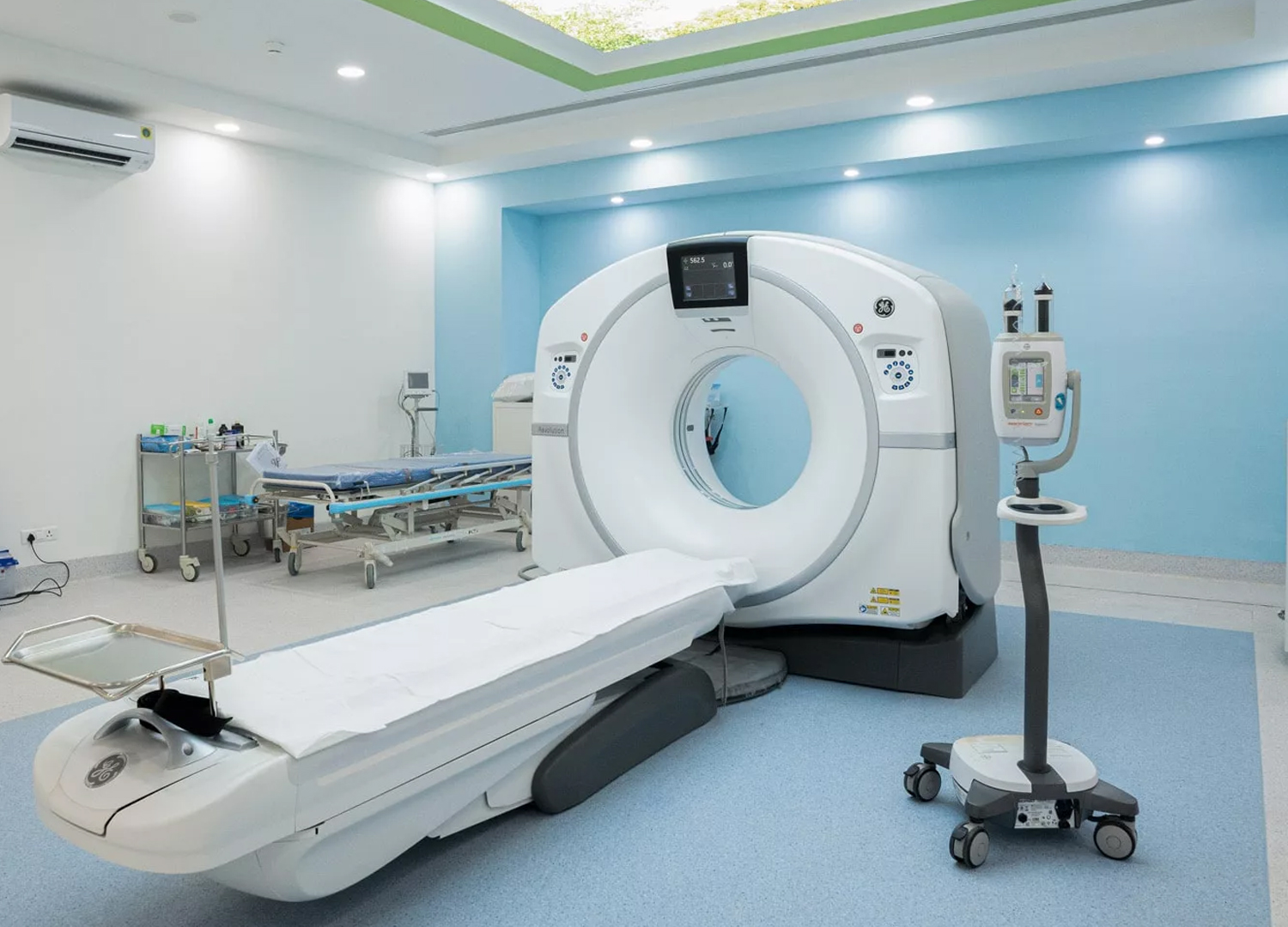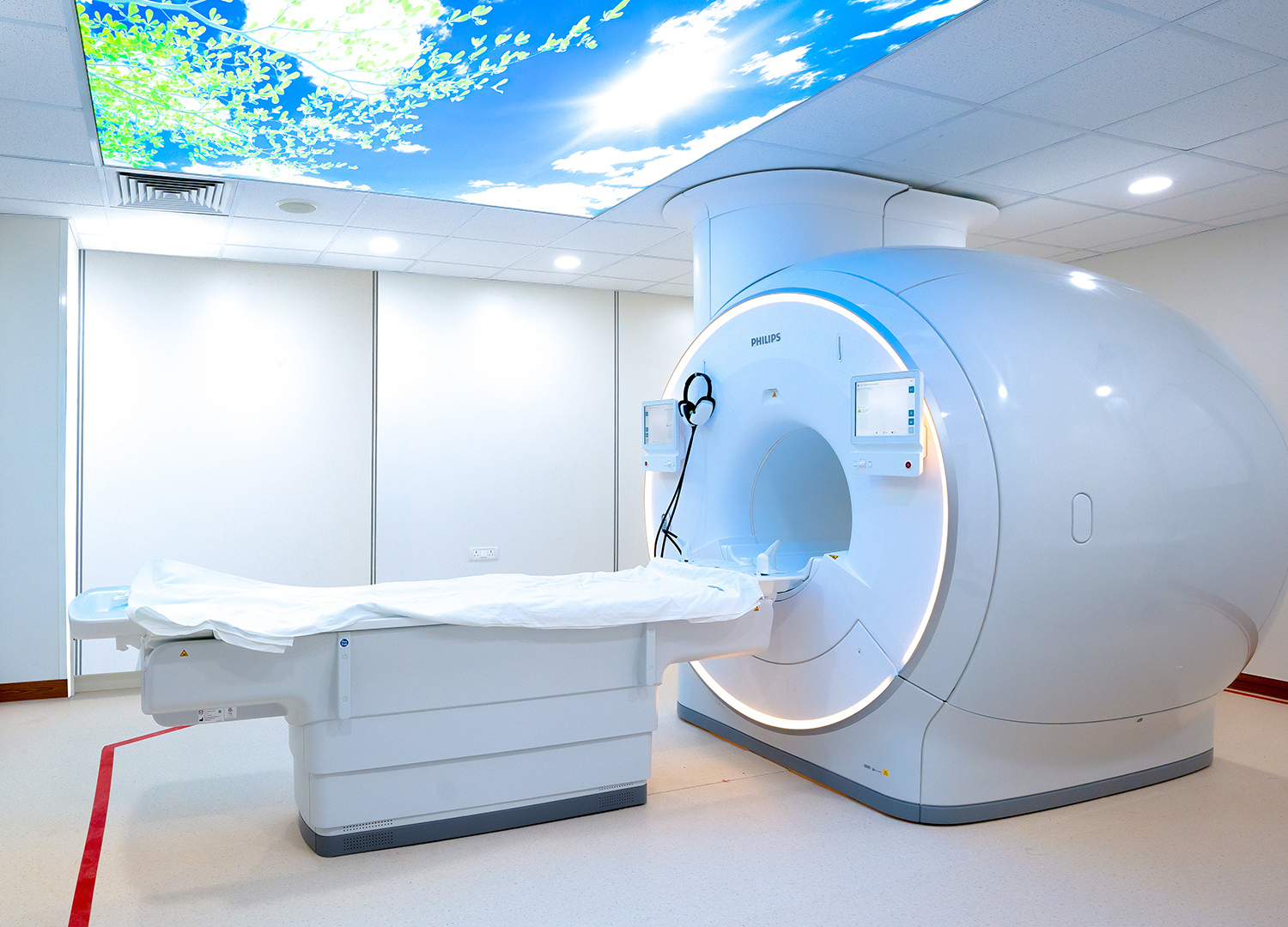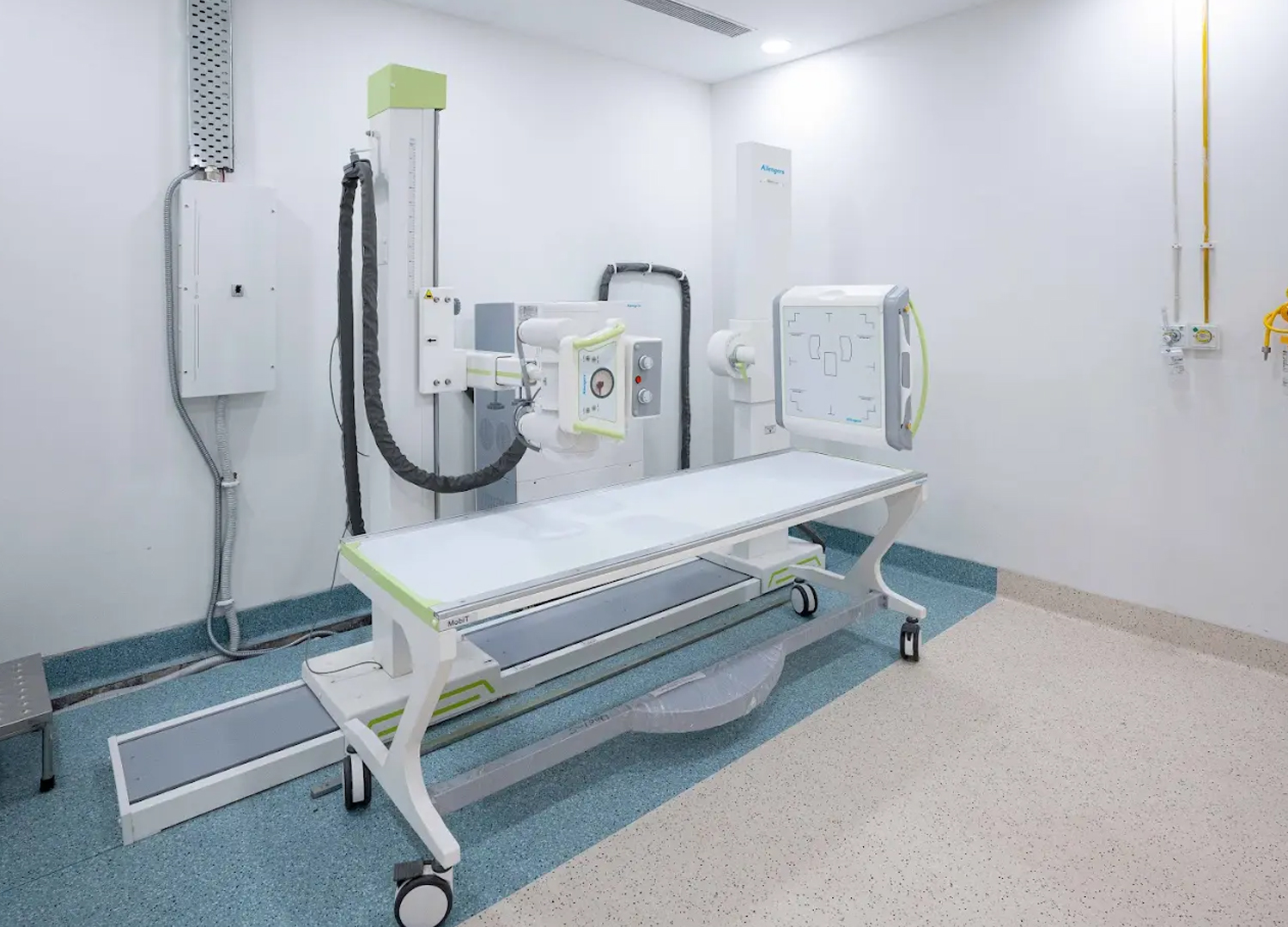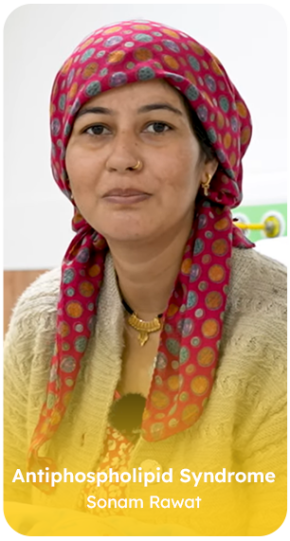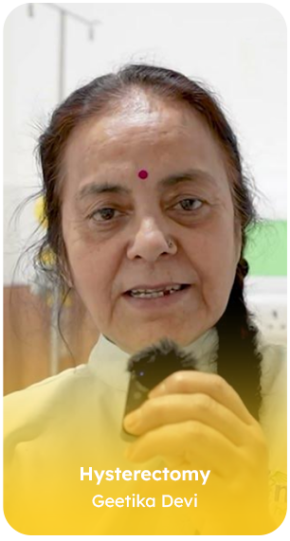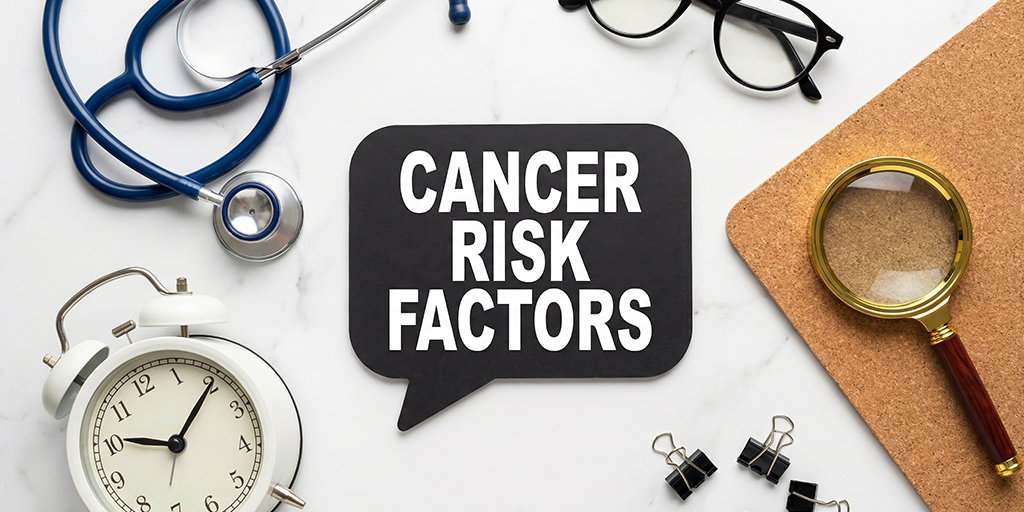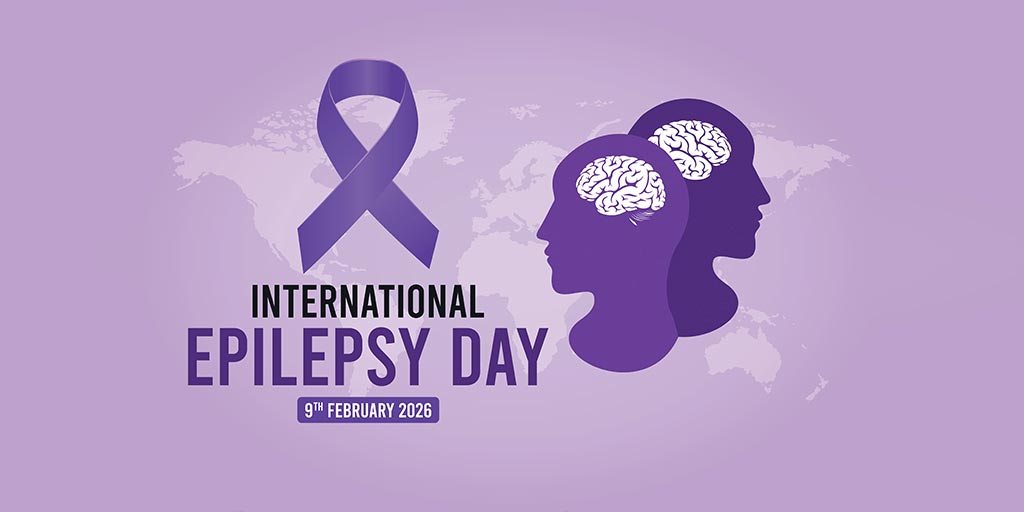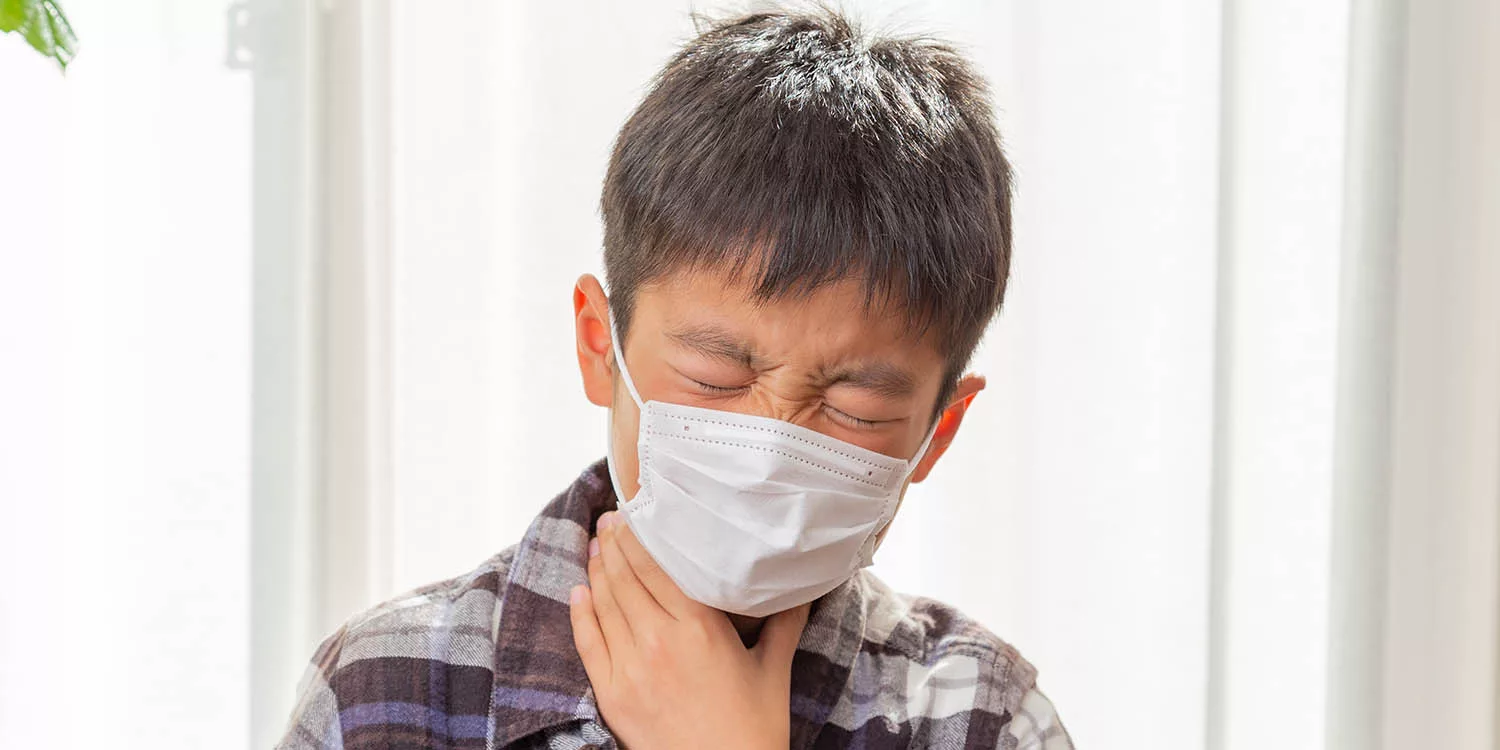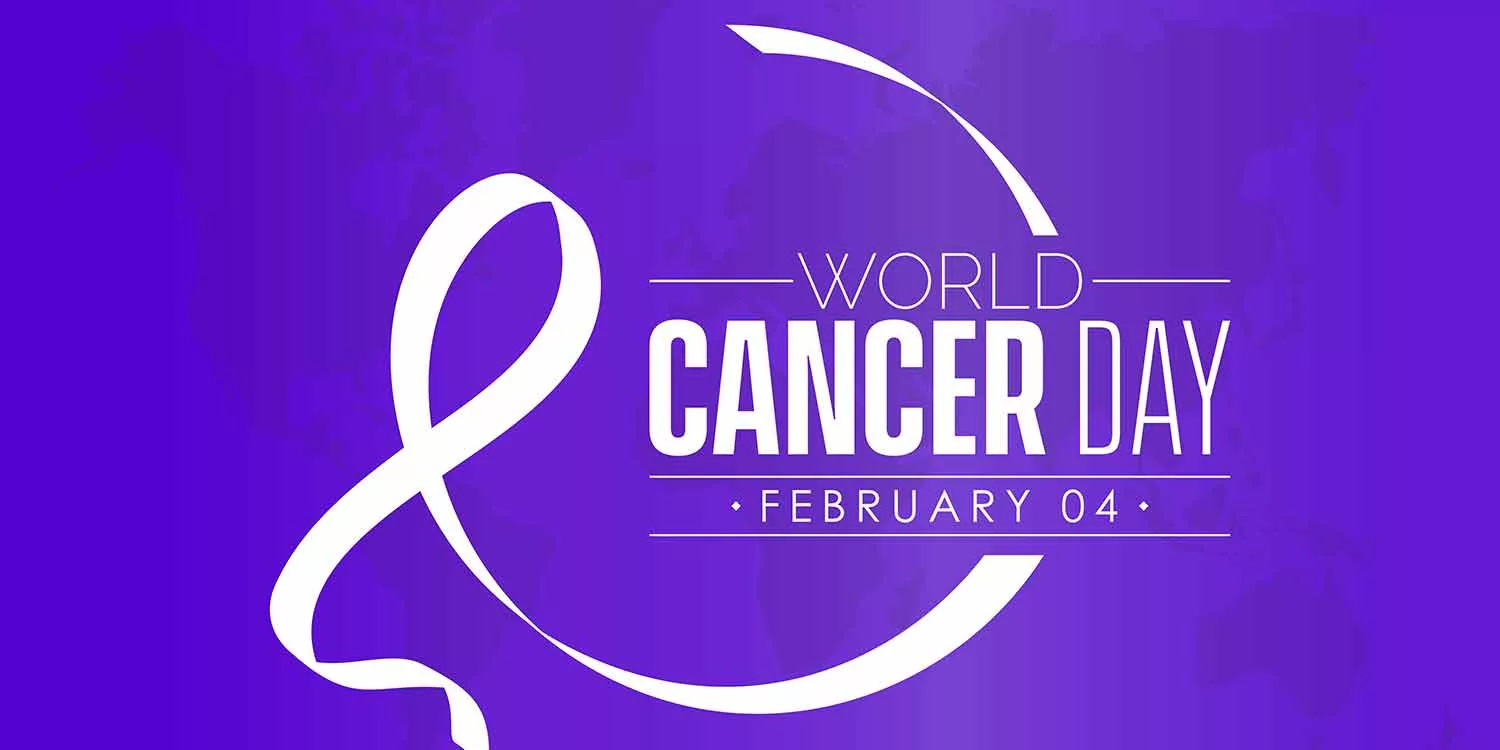At Graphic Era Hospital, we understand that a cancer diagnosis can be overwhelming, not only for the patient but also for their loved ones. As a leading cancer care hospital in Dehradun, we are committed to providing not just advanced medical treatment, but also compassionate support at every step of the way. With a team of experienced oncologists, cutting-edge technology, and personalised treatment plans, we ensure that every patient receives the best possible care in a comforting and reassuring environment. From cutting-edge diagnostic technologies for early detection to advanced therapies such as chemotherapy, radiation, and surgery, we stand as a leader in cancer care in Dehradun, offering the highest standards of care and ensuring the best possible outcomes.
When to Seek Cancer Screening and Consultation
Early detection plays a crucial role in improving cancer outcomes. Many cancers show subtle symptoms in their initial stages, making regular screenings essential, especially for individuals at higher risk. If you experience persistent or unusual changes in your body, seeking medical consultation can lead to timely diagnosis and effective treatment. Here are the key warning signs that may require cancer screening:

- Unexplained weight loss without changes in diet or activity
- Persistent fatigue that does not improve with rest
- Lumps or swelling in the breast, neck, or other areas
- Changes in the skin, such as new moles, sores that do not heal, or darkening patches
- Chronic cough or hoarseness lasting more than three weeks
- Difficulty swallowing or persistent indigestion
- Blood in stool, urine, or persistent bleeding from any body part
- Changes in bowel or bladder habits, such as prolonged constipation or frequent urination
- Unexplained pain in bones, joints, or any body part without injury
- Non-healing ulcers or sores in the mouth or on the skin
Understanding the Causes of Cancer
Cancer occurs when abnormal cells grow uncontrollably, often due to genetic, lifestyle, and environmental factors. Here are the key causes:
1. Genetic & Family History
- Inherited gene mutations increase cancer risk.
- Common in breast, ovarian, and colorectal cancers.
2. Lifestyle Factors
- Smoking & Tobacco – Major cause of lung, throat, and oral cancers.
- Unhealthy Diet – Processed foods and low-fiber diets raise cancer risk.
- Lack of Exercise – Increases obesity-related cancers.
- Alcohol Consumption – Linked to liver, breast, and esophageal cancers.
3. Environmental & Occupational Exposure
- Radiation – UV rays cause skin cancer; radiation exposure raises overall risk.
- Chemical Exposure – Carcinogens in pesticides, asbestos, and industrial chemicals.
- Air Pollution – Associated with lung and respiratory cancers.
4. Viral & Bacterial Infections
- HPV (Human Papillomavirus) – Causes cervical and throat cancer.
- Hepatitis B & C – Increases risk of liver cancer.
- H. pylori Infection – Linked to stomach cancer.
5. Hormonal & Medical Factors
- Hormonal Imbalances – Estrogen exposure increases breast cancer risk.
- Weakened Immunity – Chronic inflammation or immunosuppression can trigger cancer growth.
Early detection and lifestyle changes can significantly lower cancer risk. Regular screenings and preventive care are key to staying ahead.
Cancer Treatments available at Graphic Era Hospital
At Graphic Era Hospital, we offer advanced cancer treatments through surgical and medical oncology, ensuring personalised and effective care. Our multidisciplinary team provides cutting-edge therapies to improve survival rates and enhance patient well-being. The cancer treatments available at Graphic Era Hospital include but are not limited to:
Surgical Oncology Treatments
- Breast-Conserving Surgery and Reconstruction – Lumpectomy to remove cancer while preserving breast tissue, with oncoplastic techniques for cosmetic outcomes.
- Thoracic and Mediastinal Tumor Resection – Minimally invasive surgeries for lung, esophageal, and mediastinal cancers, ensuring faster recovery.
- Head and Neck Cancer Reconstruction – Advanced free flap reconstruction for functional and aesthetic restoration post-surgery.
- Excision and Plastic Reconstruction of Skin and Soft Tissue Cancer – Surgical removal of skin malignancies with reconstructive procedures like grafts and free flaps.
- Pelvic and Gynaecological Cancer Surgery – Radical surgeries for ovarian, uterine, and cervical cancers, including minimally invasive techniques.
- Bowel Cancer Surgery – Laparoscopic and robotic procedures for colorectal cancer, ensuring precision and post-operative recovery.
- Renal Cancer Surgery (Nephrectomy & Partial Nephrectomy) – Kidney cancer treatment using minimally invasive laparoscopic or robotic-assisted techniques for kidney preservation.
- Bone Cancer Surgery (Limb-Sparing & Amputation) – Limb-salvage procedures and prosthetic reconstructions for osteosarcoma, chondrosarcoma, and Ewing’s sarcoma.
- Gastrointestinal (GI) Cancer Surgery – Advanced surgical procedures for stomach, liver, pancreatic, esophageal, and small/large intestinal cancers.
- Hepatobiliary & Pancreatic Cancer Surgery – Liver resection, Whipple procedure, and minimally invasive techniques for pancreatic and biliary cancers.
Medical Oncology Treatments
- Chemotherapy and Targeted Therapy – Personalized medical treatments targeting cancer cells while minimizing side effects.
- Immunotherapy and Hormonal Therapy – Boosting the immune system and regulating hormones to combat specific cancers like melanoma and prostate cancer.
- Radiation Therapy (External Beam & Brachytherapy) – Precision radiation techniques to target tumours while sparing healthy tissue.
Doctors Available
Why Choose Graphic Era Hospital for Cancer Care?
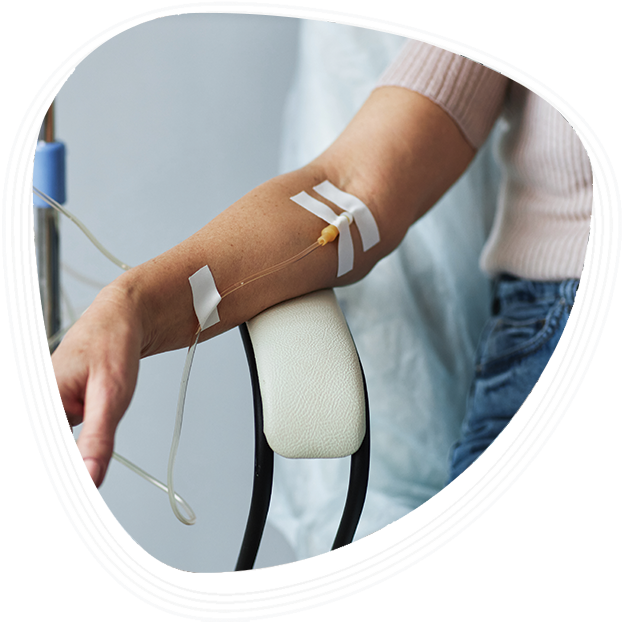
Cancer Care Services available at Graphic Era Hospital
At Graphic Era Hospital, we provide a holistic approach to cancer treatment, ensuring patients receive comprehensive support throughout their journey. Our specialised services focus on treatment effectiveness, recovery, and long-term well-being.
Multidisciplinary Tumor Board
- A team of oncologists, radiologists, pathologists, and surgeons collaborate to develop personalised treatment plans.
- Ensures the best approach for complex and advanced cancer cases, improving treatment precision and outcomes.
Rehabilitation and Post-Surgical Recovery Programs
- Recovery after cancer treatment can be challenging, and our rehabilitation services help patients regain function and strength.
- Speech and swallowing therapy for head and neck cancer patients, along with physiotherapy and mobility support, aid in a smoother post-surgical recovery.
Pain Management and Palliative Care
- Cancer treatments and advanced-stage cancer can cause discomfort, which our pain management specialists address with advanced techniques.
- Palliative care services focus on improving comfort and quality of life for patients with advanced or terminal cancer.
Psychosocial Support and Survivorship Programs
- Emotional and psychological support is crucial for cancer patients and their families, and our counselling services guide treatment.
- Our survivorship programs include long-term follow-up care, lifestyle recommendations, and health monitoring to prevent recurrence and support recovery.
Things to Know Before Starting Cancer Treatment
Cancer treatment requires a well-planned approach tailored to each patient’s condition. Before beginning therapy, it is important to understand the process, possible side effects, and necessary lifestyle adjustments. Key considerations before treatment include:
- Type and Stage of Cancer – Understanding your diagnosis helps in making informed treatment decisions.
- Available Treatment Options – Surgery, chemotherapy, radiation, immunotherapy, and targeted therapies may be recommended based on your condition.
- Side Effects and Recovery – Each treatment has potential side effects, which can vary based on individual health and response.
- Nutritional and Lifestyle Adjustments – Maintaining a healthy diet and physical activity can aid in recovery and treatment effectiveness.
- Emotional and Mental Well-being – Counselling and support groups can help manage stress, anxiety, and emotional impact.
- Financial and Logistical Planning – Discussing costs, insurance coverage, and hospital stay arrangements ensures smooth treatment.
- Post-Treatment Care – Regular follow-ups, monitoring, and rehabilitation services support long-term recovery.
Top Cancer Treatment Procedures
- Breast-Conserving Surgery
- Thoracic and Mediastinal Tumor Resection
- Head and Neck Cancer Reconstruction
- Excision and Plastic Reconstruction of Skin and Soft Tissue Cancer
- Pelvic and Gynaecological Cancer Surgery
- All GI Cancers (Stomach, Intestine, Pancreas, Liver, Colon)
- Bowel Cancer Surgery
- Chemotherapy
- Targeted Therapy
- Immunotherapy
- Hormonal Therapy
Oncology Conditions Treated at Graphic Era Hospital
Advanced Diagnostics & Technology
- Offers high-resolution imaging for detailed blood vessel analysis, aiding in accurate diagnosis and treatment planning.
- Delivers advanced imaging with high resolution for clear, detailed views of soft tissues, ensuring precise diagnostics.
- Provides high-quality, detailed radiographic images for accurate diagnosis with minimal exposure to radiation.
Other Specialities
Patient Stories
Blog
Frequently Asked Questions (FAQs)
What are the common side effects of cancer treatment, and how are they managed?
Cancer treatments such as chemotherapy, radiation therapy, and immunotherapy can cause side effects like nausea, fatigue, hair loss, and weakened immunity. At Graphic Era Hospital, we provide comprehensive supportive care, including nutritional counselling, pain management, and personalised symptom relief plans, to help patients manage side effects and improve their quality of life.
Can I continue my daily routine while undergoing cancer treatment?
The ability to continue daily activities depends on the type of treatment, cancer stage, and individual health condition. While some patients may continue working or exercising with modifications, others might require more rest. Our oncologists and rehabilitation specialists at Graphic Era Hospital guide patients on how to balance treatment with their daily lifestyle, ensuring optimal recovery without unnecessary strain.
Is cancer treatment painful, and how is pain managed?
Some cancer treatments can cause discomfort, but we provide advanced pain management techniques and palliative care services to ensure patient comfort throughout the treatment journey.
How long does cancer treatment take?
The duration of treatment varies based on the type and stage of cancer, as well as the specific treatment plan. Some treatments last weeks, while others may continue for several months, depending on the response to therapy.
Does Graphic Era Hospital provide post-treatment follow-up care?
Yes, we have comprehensive survivorship programs, including regular follow-ups, lifestyle guidance, and long-term monitoring to ensure patient recovery and prevent recurrence.

